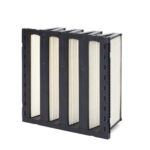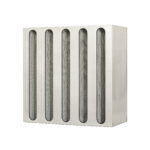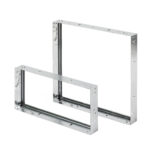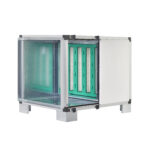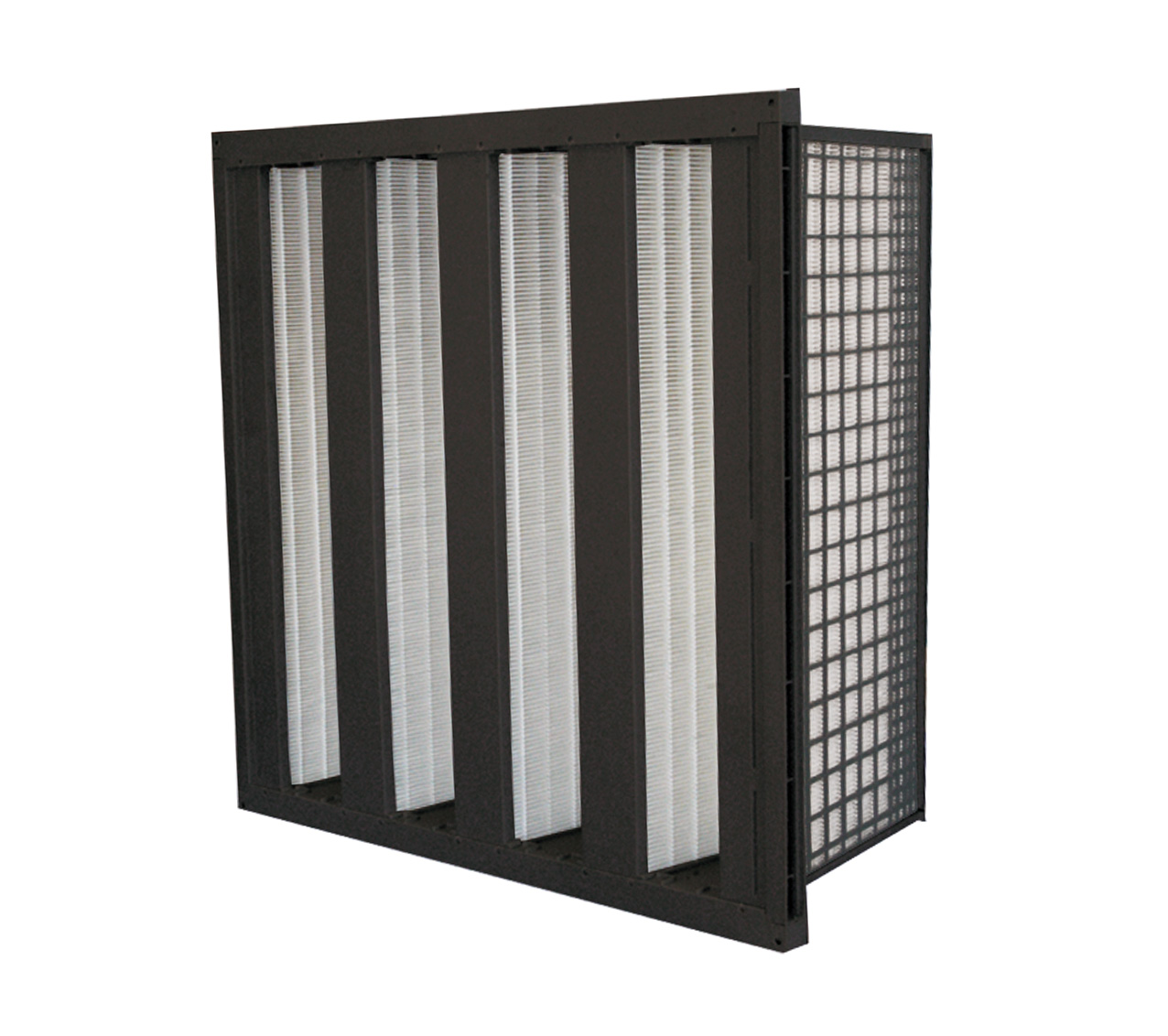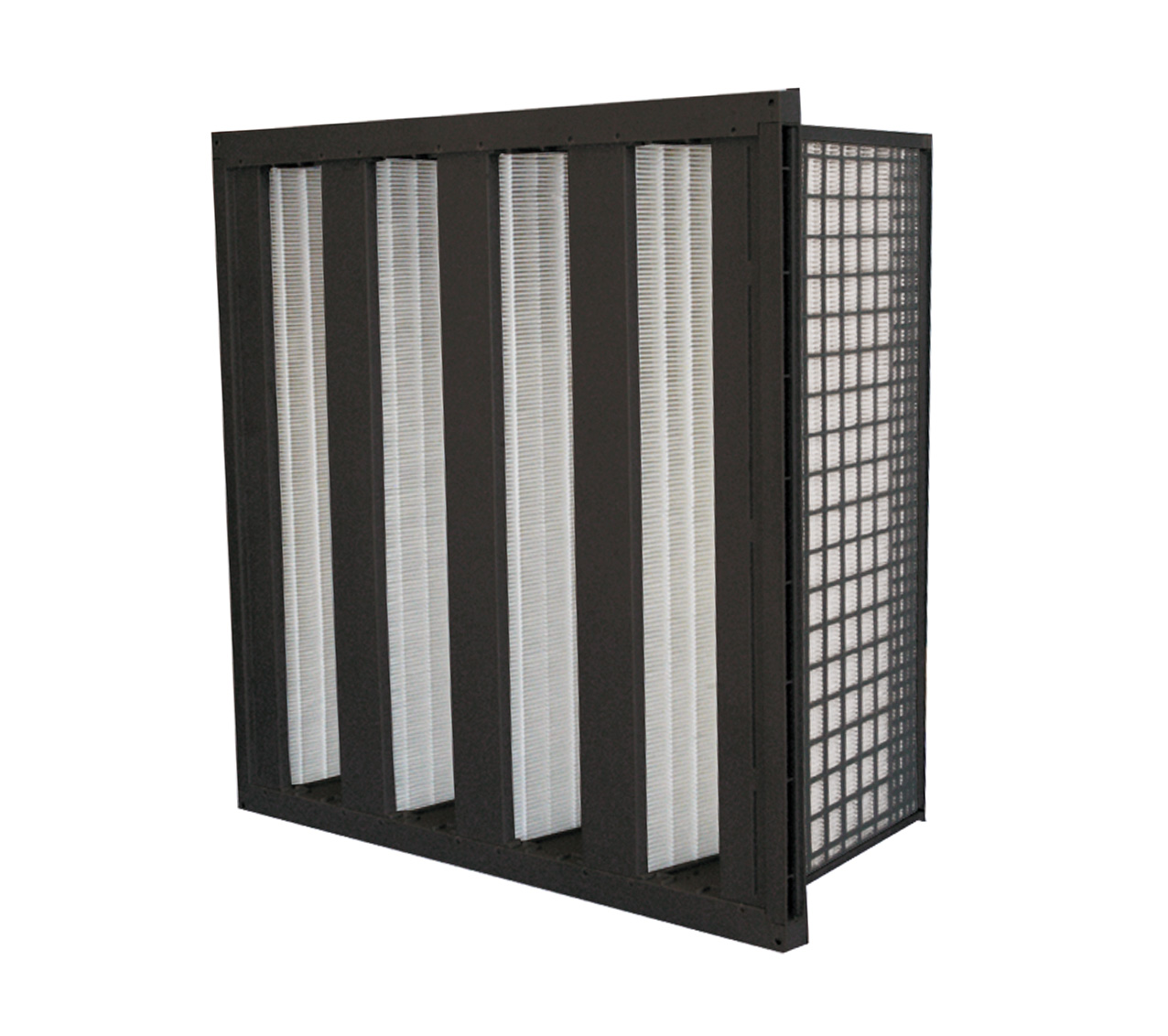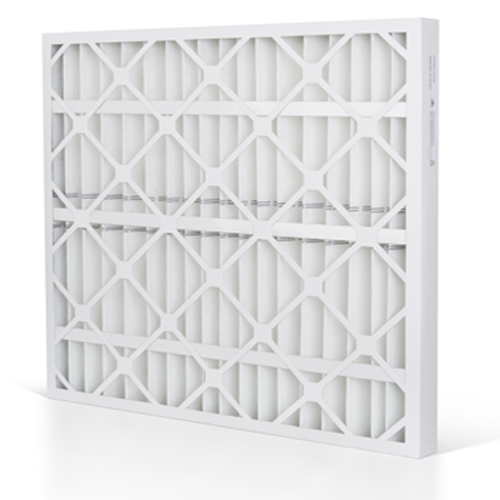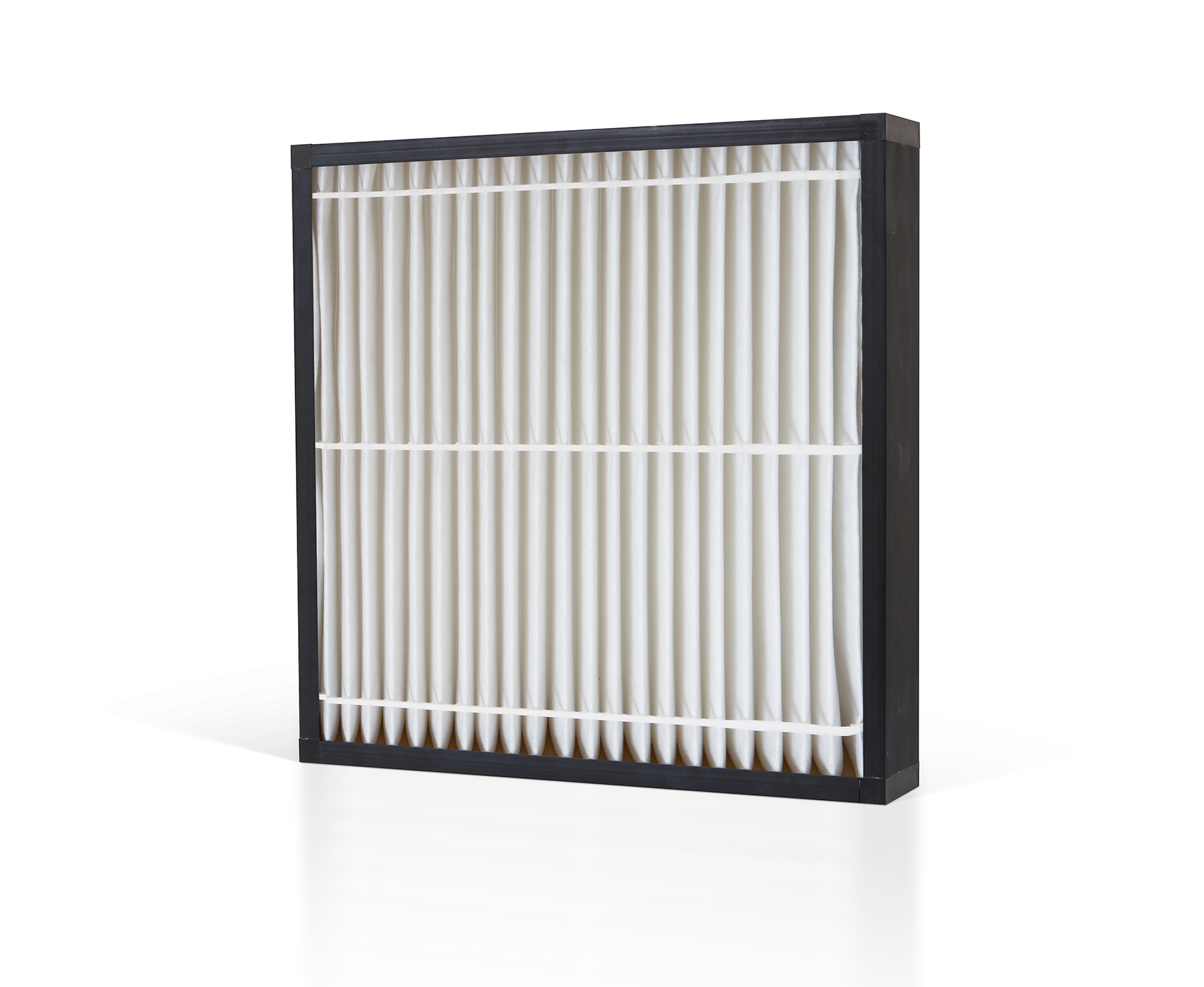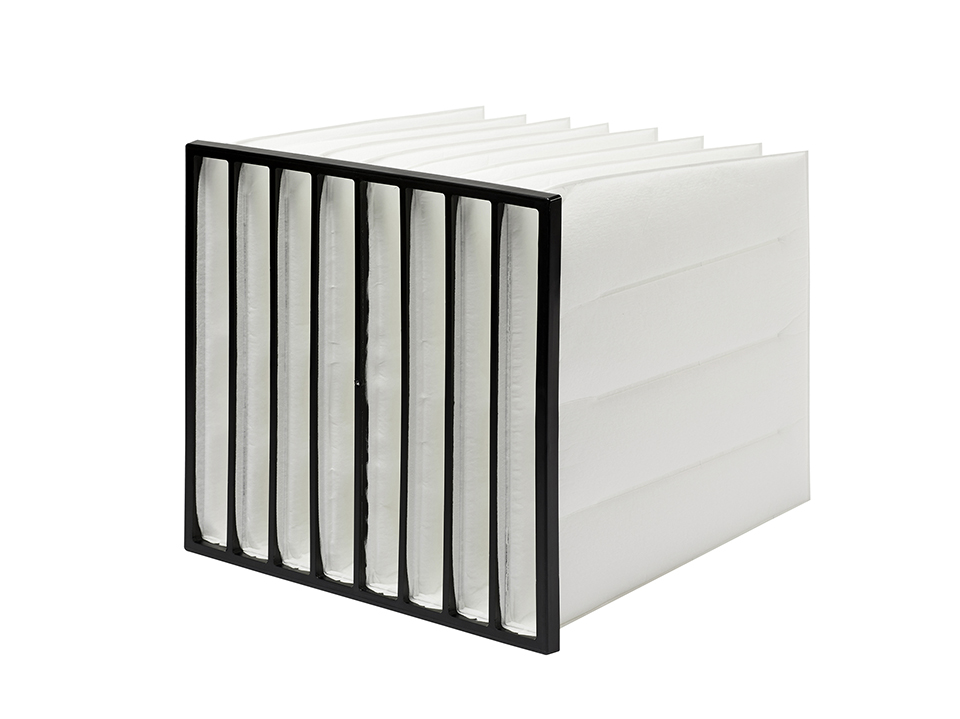Energy and cogeneration
We guarantee the safety, efficiency and profitability of processes and equipment
Venfilter Energy. Filtration for power generation facilities
Robust and efficient filtration solutions for power generation applications (wind, thermal, nuclear or biogas) to optimize your processes, minimize equipment maintenance tasks and avoid safety risks
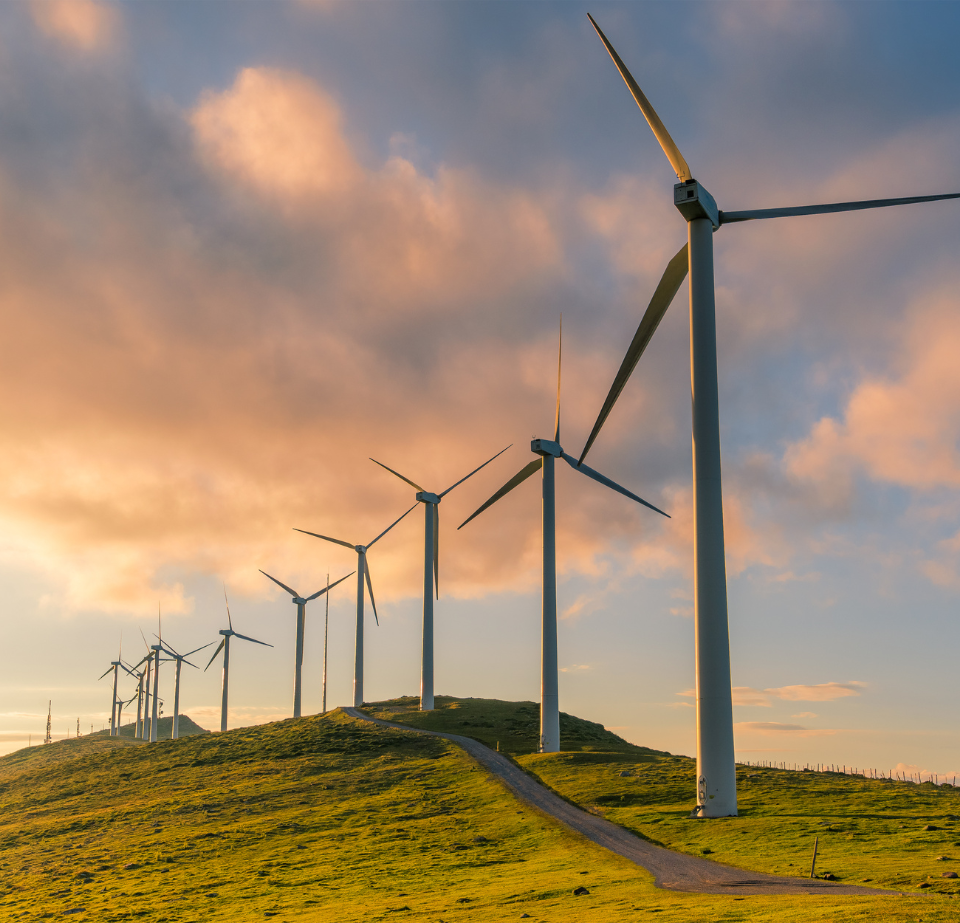
Protect your equipment
Today’s power generation industry cannot afford to stop the continuity of its service due to the growing demand for electricity.
Power generation systems, whether power plants, thermal power stations or renewable energy facilities, often use engines, turbines or other sophisticated mechanical equipment. This equipment is expensive and requires proper maintenance.
Air filtration prevents solid particles and contaminants from entering the systems, which can cause premature wear, corrosion and damage to components. By filtering the air, the life of the equipment is extended and maintenance and repair costs are reduced.

Applications
Click on each application and find out how we can help you improve your processes
Improve the efficiency of your processes with proper air filtration.
Contaminated air can negatively affect the efficiency of the power generation process. For example, if the air used in combustion contains impurities such as dust, dirt or metal particles, it can affect combustion efficiency and reduce energy production. In addition, contaminants can clog ducts and heat exchange surfaces, decreasing energy transfer and affecting the overall efficiency of the plant.
By filtering the inlet air, a clean supply is ensured and the performance of the power generation process is optimised.
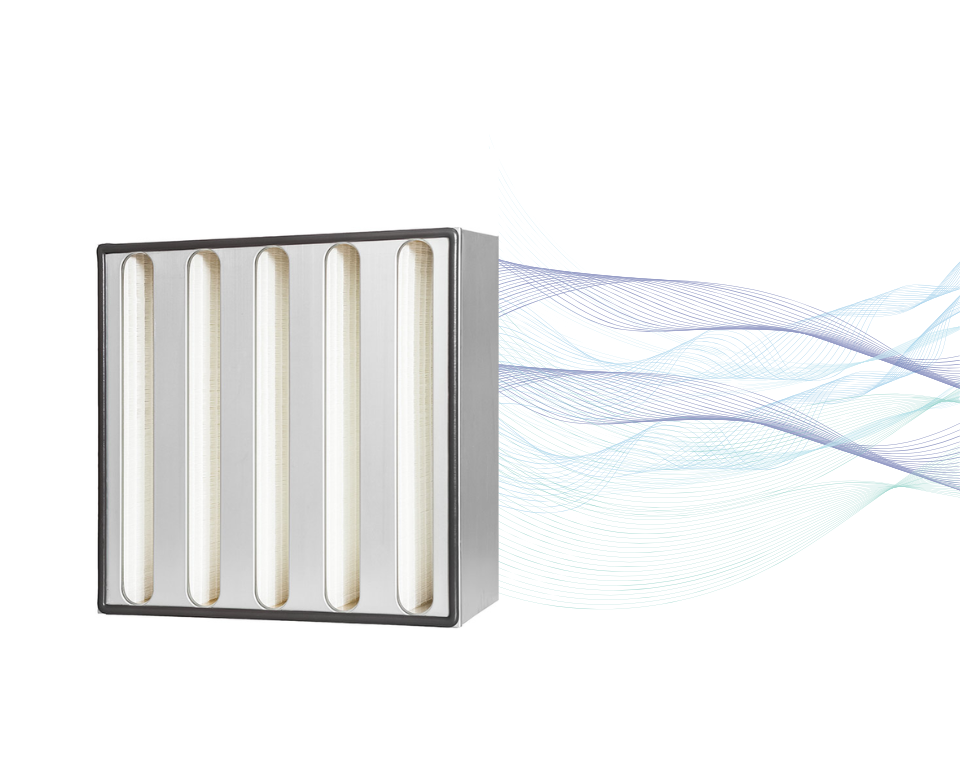
Comply with environmental regulations with Venfilter
The power generation sector is subject to increasingly stringent environmental regulations in many countries. These regulations set pollutant emission limits that must be met to protect air quality and minimise environmental impact.
Air filtration is an effective measure to reduce pollutant emissions, as it prevents particles and harmful substances from being released into the environment.
By complying with these regulations, power generation companies can avoid legal sanctions and improve their reputation in terms of environmental responsibility.
Filter and air conditioning for power generation installations
Venfilter filters and filter media are certified and meet the highest standards to meet the needs of the industry.
Air filtration in the power generation sector is crucial to protect equipment, ensure process efficiency and comply with environmental regulations.
Keeping the air clean improves the operation of power generation facilities and reduces their environmental impact, leading to a more efficient and sustainable operation of the power industry.
Venfilter offers specialized air filtration solutions that provide excellent long-term performance in demanding conditions. Talk to our experts.
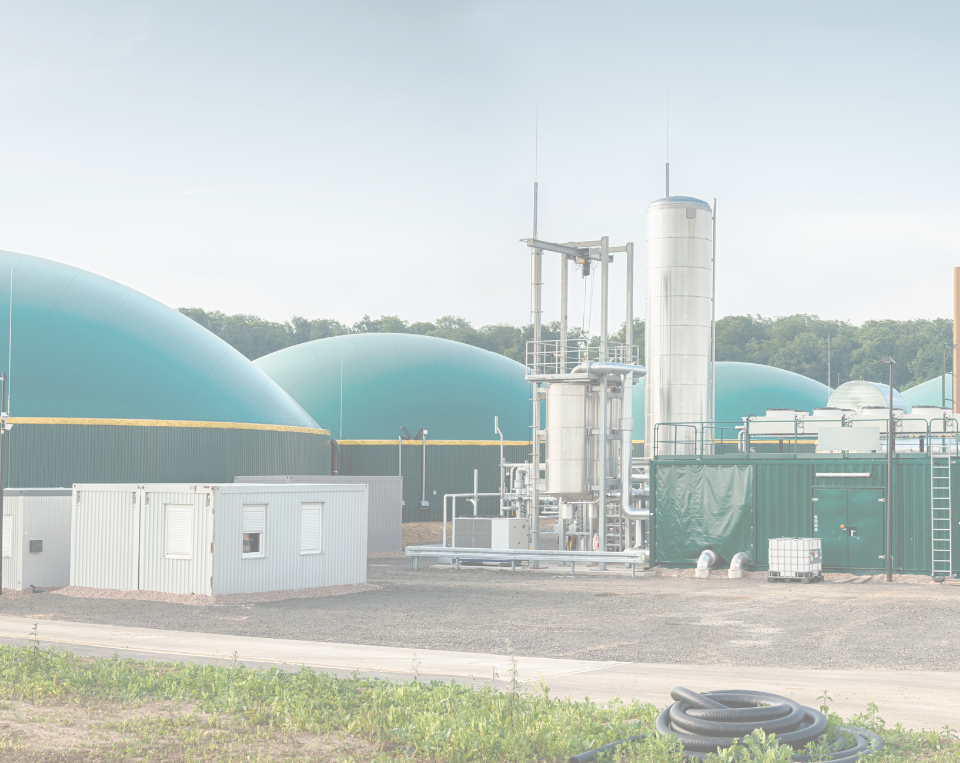
Related products
Venfilter Energy, our range of products for power generation facilities

















